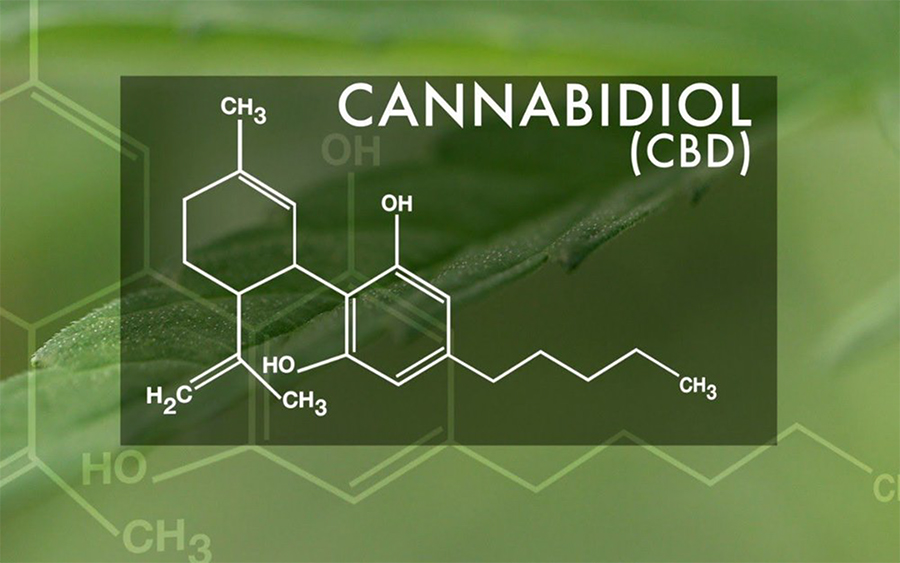
CBD or cannabinol is a phytocannabinoid present in the cannabis plant. It's found in both medical and recreational cannabis and it is also present in a variety of cannabis called industrial hemp. CBD has been around just about as long as cannabis has to the best of our knowledge. However, it wasn't until 1940 that CBD was actually discovered in the form of a chemical compound. A notable organic chemist by the name of Dr. Rodger Adams along with a team of researchers discovered CBD while conducting research at the University of Illinois.
It would be roughly 23 years later before the structure of CBD would be fully elucidated. This happened in 1963 when Dr. Rafael Mechoulam and a team of researchers we're able to fully elucidate the structure of CBD. The pharmacological research of CBD and THC were responsible for other avenues of healthcare advancement. Through this research CB1 and CB2 receptors were discovered as well as the mammalian endocannabinoid system.
A Game Changer for Cannabinoid Science
Since 1963, when the structure of CBD was fully elucidated, research on this cannabinoid has been at a slow crawl in most places due to the legality of cannabis. Just over 50 years later science and research have found new ways to produce CBD. CBD no longer only comes from cannabis. Yeast can also be used to create CBD. The field of medical science is looking for a way to produce a consistent quality CBD product. In order to do this, science must find a way to remove the variables that create measurable differences in CBD products.
As of 2017 in the UK and late 2018 in the United States, industrial hemp became legal. The British Medicines and Healthcare Products Regulatory Agency announced in Jan of 2017 that CBD was reclassified as a medicine. Only CBD from industrial hemp containing less than 0.2% THC that was EU approved is legal. In Feb of 2018 the UK announced that they would not allow CBD in food or beverages. Donald Trump paved the way for industrial hemp in America with the signing of the 2018 Farm Bill which removed hemp from the Controlled Substance Act. Hemp in America is required to have a 0.3% THC content or less vs. the 0.2% in the UK.
CBD Is Growing in Popularity Like a Weed
Today, CBD products are abundant. Soaps, shampoos, lotions, creams, water, foods, coffee, and even beer are finding a new ingredient with CBD.
“The number of CBD oil users in the United Kingdom doubled in 2017; from 125,000 users in 2016 to roughly 250,000.”- Cannabis Trades Association
The U.S has a love with this non intoxicating cannabinoid that they are puff-puff and passing around the world. Per reports released by New Frontier Data, “The U.S. CBD industry grew by nearly 40 percent in 2017 to $367 million.” There are no signs of any slowth to that growth with predictions hitting $1.9 billion for the U.S. CBD market as soon as 2022. CBD is on fire and is all the buzz around the office water cooler, job site, gym, and with homemakers.
CBD may be just what you need if you are looking for a non-intoxicating way to unwind and help yourself to feel a bit better.


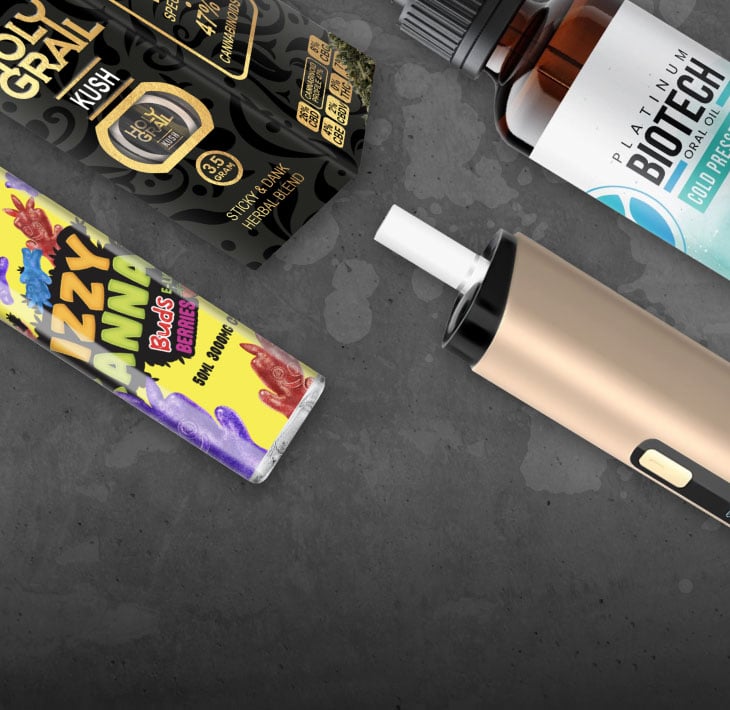
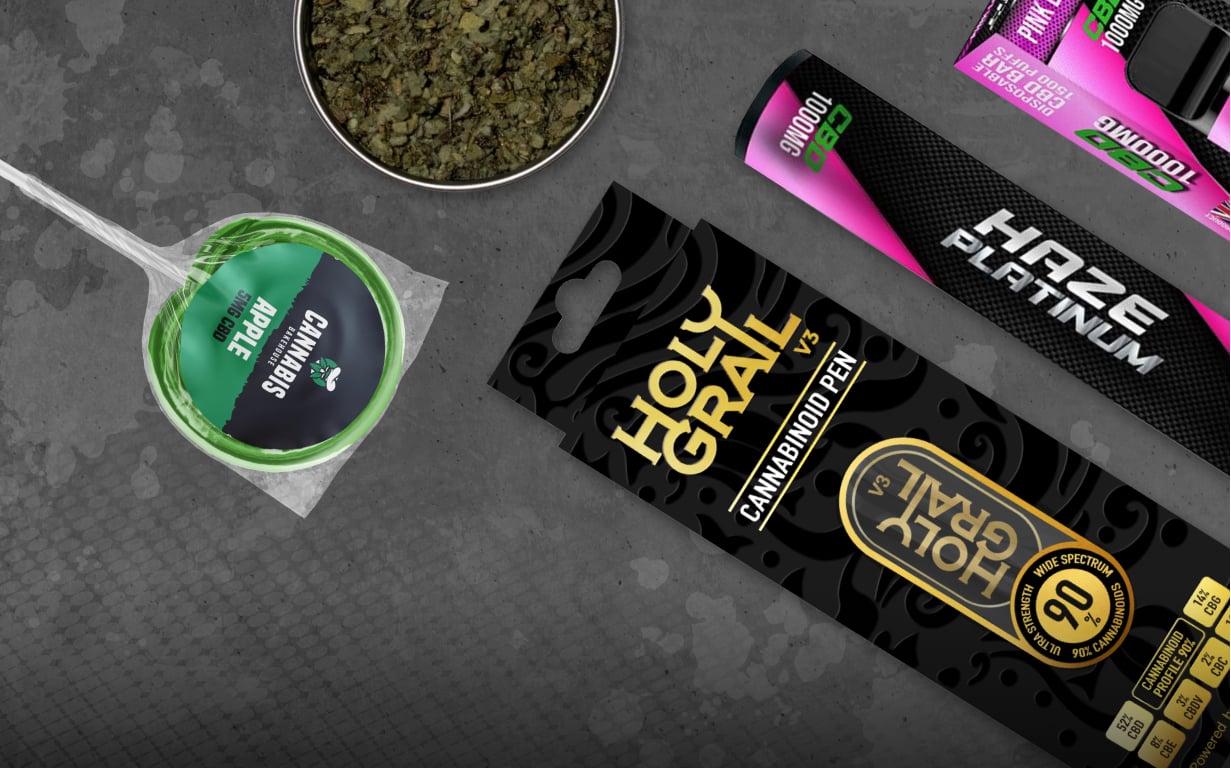
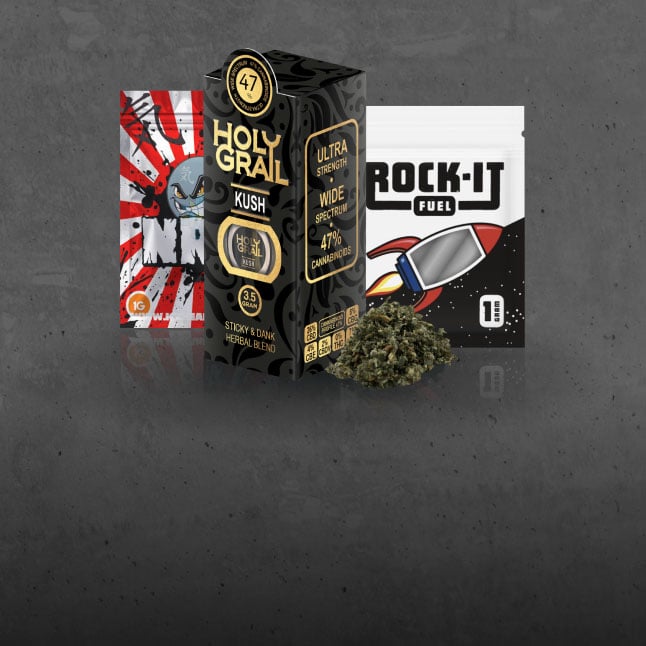
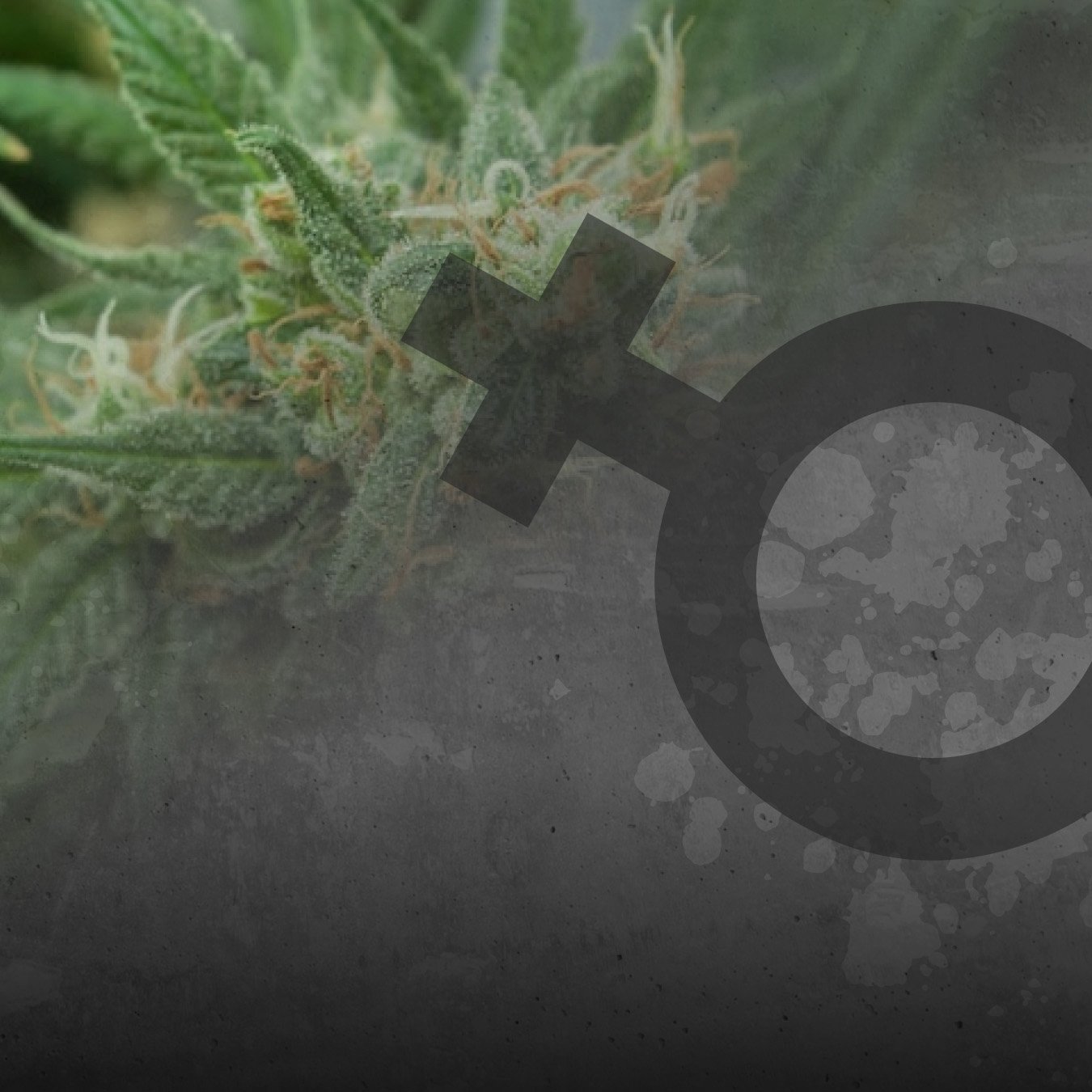
The information below is required for social login
Sign In
Create New Account